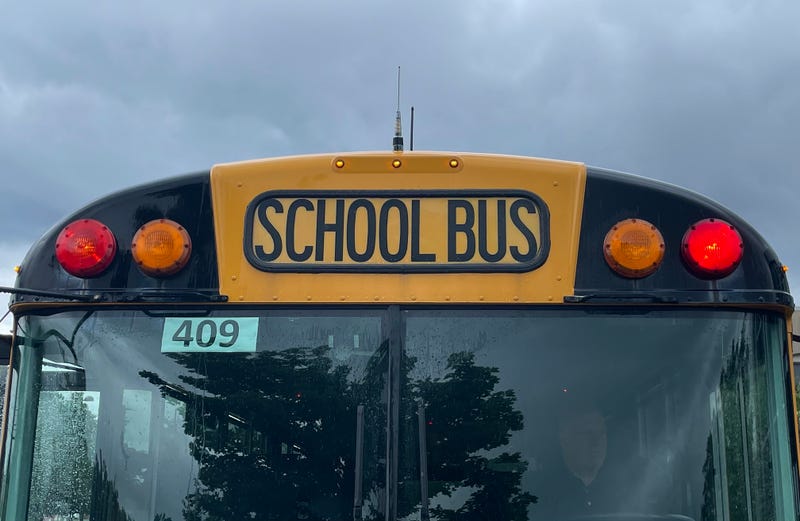
Buffalo, N.Y. (WBEN) - A New York State mandate requires all new school buses purchased after 2027 to be zero-emission, and all school buses in operation by 2035 to be electric.
Now with those date approaching fast, some are looking to pump the brakes.
"It's been a rush to zero transmission or zero emission," said State Assemblyman Pat Chludzinski, who represents parts of Western New York including Cheektowaga. "Buses and school districts across the state, including Western New York, are going to feel the effects of this legislation that's proposed to come out in 2027, to start them switching over their fleets to electrification buses."
Chludzinski has introduced a bill that would allow school districts to opt out of the mandate.
"Is there enough infrastructure to handle this? School buses are used to take students to sporting events across the county, even further. They're used to go to rural areas and in harsh Western New York winters. Are these buses up to the up to the test to handle that? That's all remains to be seen," Chludzinski said in an interview with WBEN.
Springville-Griffith Institute Central Schools Superintendent James Bialasik says he's been doing his due diligence on the matter.
"We did commission a fleet study to determine which of our runs could even be electrified," said Bialasik, who says that study was done a year-and-a-half ago.
Springville is a very large school district with 141 square miles, hilly terrain and cold temperatures. Bialasik wanted to determine what the district could actually do with electric buses.
Out of 33 runs every day, Bialasik says there are only about seven that could be fully electrified. He notes the district received grant funding to take ownership of two electric buses this May.
According to Bialasik, cost is prohibitive in preparing for electric buses.
"Right now, the two buses we are taking ownership of and the charging infrastructure we're able to use our current electric service, but going much beyond that is going to require some substantial upgrades," Bialasik said with WBEN. "Initial cost that we've gotten in these are very initial, but it's to the tune of about $2.6 million, in terms of upgrades that would be required. That's just not something that we can budget for at this point."
Bialasik adds the incentives need to be guaranteed to the point where you can get the buses to parity, to either be the same price as, or maybe a little bit more inexpensive than a diesel vehicle. Otherwise it's difficult to take that leap forward.
